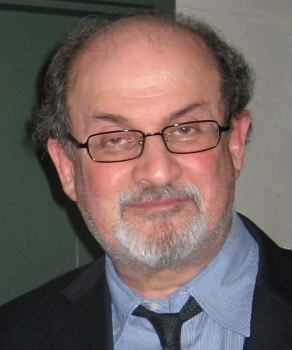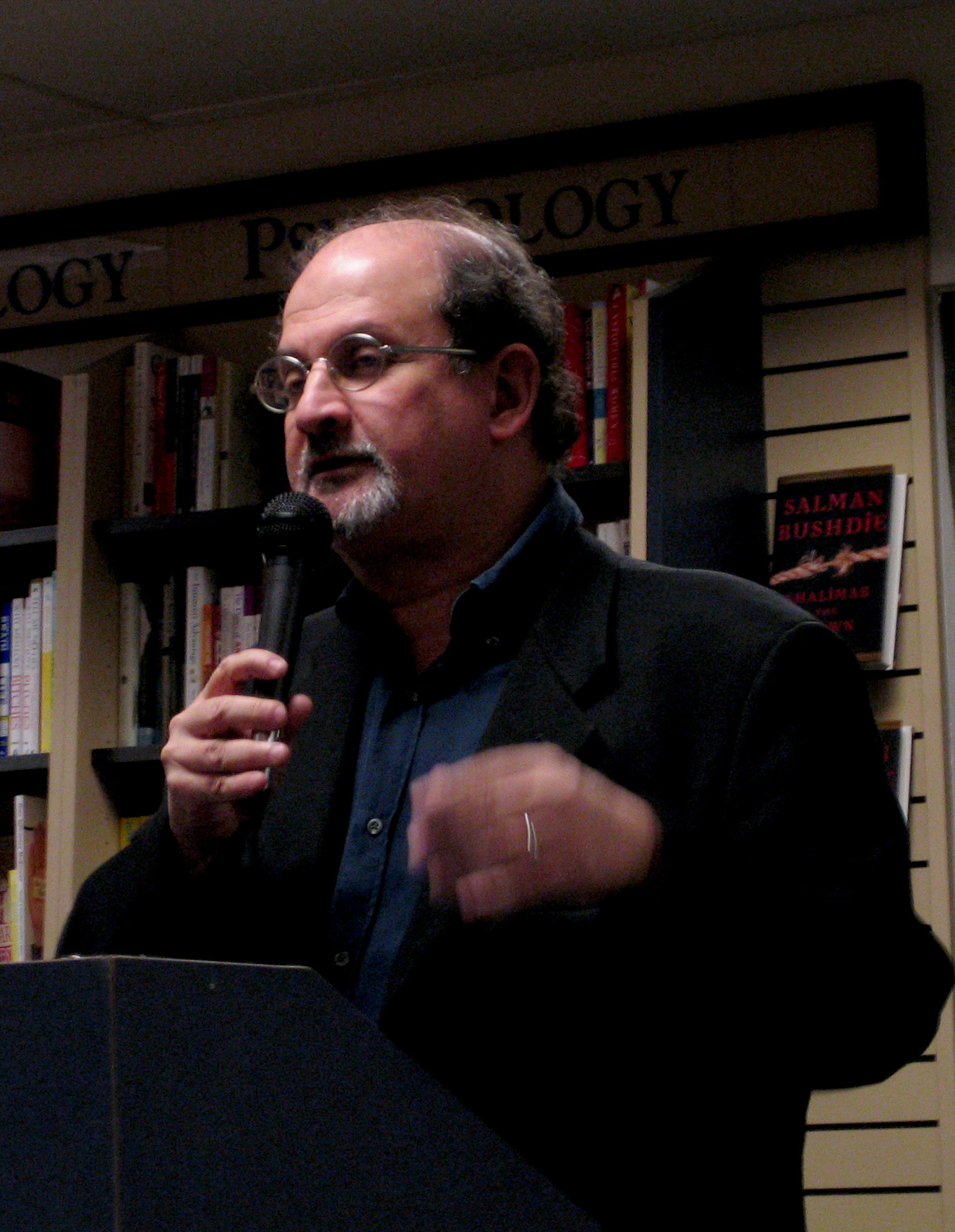|
Hani Al-Raheb
Hani Muhammad-Ali al-Rahib ( ar, هاني محمد علي الراهب, translit=Hānī Rāhib or Hānī Rāheb; 30 November 1939 – 6 February 2000) was a Syrian novelist and literary academic who wrote a number of distinguished novels. ''The Defeated'' was his first novel, which was published in 1961 when he was 22 years old. In the same year, he won the '' Al-Adab'' magazine literature award. His second novel was titled ''A Crack in a Long History'' (1970) then came ''A Thousand and Two Nights'' in 1977, followed in the early 1980s by ''The Epidemic'', which some critics chose as one of the 100 most important Arab novels published in the twentieth century, according to Al-Faisal Magazine. Biography and career Biography Hani Muhammad Ali al-Rahib was born in the village of Mashqita in Latakia Governorate to a poor farming family. In 1957 he won a Damascus University scholarship where he studied English language and literature at the same university. After a while, he won ... [...More Info...] [...Related Items...] OR: [Wikipedia] [Google] [Baidu] |
Mashqita
Mashqita ( ar, مشقيتا) is a town in northwestern Syria, administratively part of the Latakia Governorate, located north of Latakia. Nearby localities include Ayn al-Bayda, Al-Shamiyah and Burj Islam to the west, al-Bahluliyah to the east and Mushayrafet al-Samouk to the southwest. According to the Syria Central Bureau of Statistics, Mashqita had a population of 2,376 in the 2004 census.General Census of Population and Housing 2004 Syria Central Bureau of Statistics (CBS). Latakia Governorate. Its inhabitants are predominantly |
Latakia
, coordinates = , elevation_footnotes = , elevation_m = 11 , elevation_ft = , postal_code_type = , postal_code = , area_code = Country code: 963 City code: 41 , geocode = C3480 , blank_name = Climate , blank_info = Csa , blank_name_sec2 = International airport , blank_info_sec2 = Bassel Al-Assad International Airport , timezone = EET , utc_offset = +2 , timezone_DST = EEST , utc_offset_DST = +3 , blank1_name = , blank1_info = , website eLatakia, footnotes = Latakia or Lattakia ( ar, ٱللَّاذْقِيَّة/ ٱللَّاذِقِيَّة, '; Syrian pronunciation: ) is the principal port city of Syria and capital city of the Latakia Governorate located on the Mediterranean coast. Historically, it has also been known ... [...More Info...] [...Related Items...] OR: [Wikipedia] [Google] [Baidu] |
Syrian Novelists
Syrians ( ar, سُورِيُّون, ''Sūriyyīn'') are an Eastern Mediterranean ethnic group indigenous to the Levant. They share common Levantine Semitic roots. The cultural and linguistic heritage of the Syrian people is a blend of both indigenous elements and the foreign cultures that have come to inhabit the region of Syria over the course of thousands of years. The mother tongue of most Syrians is Levantine Arabic, which came to replace the former mother tongue, Aramaic, following the Muslim conquest of the Levant in the 7th century. The conquest led to the establishment of the Caliphate under successive Arab dynasties, who, during the period of the later Abbasid Caliphate, promoted the use of the Arabic language. A minority of Syrians have retained Aramaic which is still spoken in its Eastern and Western dialects. In 2018, the Syrian Arab Republic had an estimated population of 19.5 million, which includes, aside from the aforementioned majority, ethnic minorities such as ... [...More Info...] [...Related Items...] OR: [Wikipedia] [Google] [Baidu] |
Syrian Male Short Story Writers
Syrians ( ar, سُورِيُّون, ''Sūriyyīn'') are an Eastern Mediterranean ethnic group indigenous to the Levant. They share common Levantine Semitic roots. The cultural and linguistic heritage of the Syrian people is a blend of both indigenous elements and the foreign cultures that have come to inhabit the region of Syria over the course of thousands of years. The mother tongue of most Syrians is Levantine Arabic, which came to replace the former mother tongue, Aramaic, following the Muslim conquest of the Levant in the 7th century. The conquest led to the establishment of the Caliphate under successive Arab dynasties, who, during the period of the later Abbasid Caliphate, promoted the use of the Arabic language. A minority of Syrians have retained Aramaic which is still spoken in its Eastern and Western dialects. In 2018, the Syrian Arab Republic had an estimated population of 19.5 million, which includes, aside from the aforementioned majority, ethnic minorities such as ... [...More Info...] [...Related Items...] OR: [Wikipedia] [Google] [Baidu] |
1939 Births
This year also marks the start of the Second World War, the largest and deadliest conflict in human history. Events Below, the events of World War II have the "WWII" prefix. January * January 1 ** Third Reich *** Jews are forbidden to work with Germans. *** The Youth Protection Act was passed on April 30, 1938 and the Working Hours Regulations came into effect. *** The Jews name change decree has gone into effect. ** The rest of the world *** In Spain, it becomes a duty of all young women under 25 to complete compulsory work service for one year. *** First edition of the Vienna New Year's Concert. *** The company of technology and manufacturing scientific instruments Hewlett-Packard, was founded in a garage in Palo Alto, California, by William (Bill) Hewlett and David Packard. This garage is now considered the birthplace of Silicon Valley. *** Sydney, in Australia, records temperature of 45 ˚C, the highest record for the city. *** Philipp Etter took over as Swi ... [...More Info...] [...Related Items...] OR: [Wikipedia] [Google] [Baidu] |
Syria
Syria ( ar, سُورِيَا or سُورِيَة, translit=Sūriyā), officially the Syrian Arab Republic ( ar, الجمهورية العربية السورية, al-Jumhūrīyah al-ʻArabīyah as-Sūrīyah), is a Western Asian country located in the Eastern Mediterranean and the Levant. It is a unitary republic that consists of 14 governorates (subdivisions), and is bordered by the Mediterranean Sea to the west, Turkey to the north, Iraq to the east and southeast, Jordan to the south, and Israel and Lebanon to the southwest. Cyprus lies to the west across the Mediterranean Sea. A country of fertile plains, high mountains, and deserts, Syria is home to diverse ethnic and religious groups, including the majority Syrian Arabs, Kurds, Turkmens, Assyrians, Armenians, Circassians, Albanians, and Greeks. Religious groups include Muslims, Christians, Alawites, Druze, and Yazidis. The capital and largest city of Syria is Damascus. Arabs are the largest ethnic group, and Mu ... [...More Info...] [...Related Items...] OR: [Wikipedia] [Google] [Baidu] |
The Satanic Verses
''The Satanic Verses'' is the fourth novel of British-Indian writer Salman Rushdie. First published in September 1988, the book was inspired by the life of the Islamic prophet Muhammad. As with his previous books, Rushdie used magical realism and relied on contemporary events and people to create his characters. The title refers to the Satanic Verses, a group of Quranic verses about three pagan Meccan goddesses: Allāt, Al-Uzza, and Manāt. The part of the story that deals with the "satanic verses" was based on accounts from the historians al-Waqidi and al-Tabari. The book received wide critical acclaim, was a 1988 Booker Prize finalist (losing to Peter Carey's ''Oscar and Lucinda''), and won the 1988 Whitbread Award for novel of the year. Timothy Brennan called the work "the most ambitious novel yet published to deal with the immigrant experience in Britain". The book and its perceived blasphemy motivated Islamic extremist bombings, killings, and riots and sparked a debate ... [...More Info...] [...Related Items...] OR: [Wikipedia] [Google] [Baidu] |
Salman Rushdie
Sir Ahmed Salman Rushdie (; born 19 June 1947) is an Indian-born British-American novelist. His work often combines magic realism with historical fiction and primarily deals with connections, disruptions, and migrations between Eastern and Western civilizations, typically set on the Indian subcontinent. Rushdie's second novel, ''Midnight's Children'' (1981), won the Booker Prize in 1981 and was deemed to be "the best novel of all winners" on two occasions, marking the 25th and the 40th anniversary of the prize. After his fourth novel, ''The Satanic Verses'' (1988), Rushdie became the subject of several assassination attempts and death threats, including a '' fatwa'' calling for his death issued by Ruhollah Khomeini, the supreme leader of Iran. Numerous killings and bombings have been carried out by extremists who cite the book as motivation, sparking a debate about censorship and religiously motivated violence. On 12 August 2022, a man stabbed Rushdie after rushing onto the ... [...More Info...] [...Related Items...] OR: [Wikipedia] [Google] [Baidu] |
Six-Day War
The Six-Day War (, ; ar, النكسة, , or ) or June War, also known as the 1967 Arab–Israeli War or Third Arab–Israeli War, was fought between Israel and a coalition of Arab world, Arab states (primarily United Arab Republic, Egypt, Syria, and Jordan) from 5 to 10 June 1967. Escalated hostilities broke out amid poor relations between Israel and its Arab neighbours following the 1949 Armistice Agreements, which were signed at the end of the 1948 Arab–Israeli War, First Arab–Israeli War. Earlier, in 1956, regional tensions over the Straits of Tiran escalated in what became known as the Suez Crisis, when Israel invaded Egypt over the Israeli passage through the Suez Canal and Straits of Tiran, Egyptian closure of maritime passageways to Israeli shipping, ultimately resulting in the re-opening of the Straits of Tiran to Israel as well as the deployment of the United Nations Emergency Force (UNEF) along the Borders of Israel#Border with Egypt, Egypt–Israel border. In ... [...More Info...] [...Related Items...] OR: [Wikipedia] [Google] [Baidu] |
French New Wave
French New Wave (french: La Nouvelle Vague) is a French art film movement that emerged in the late 1950s. The movement was characterized by its rejection of traditional filmmaking conventions in favor of experimentation and a spirit of iconoclasm. New Wave filmmakers explored new approaches to editing, visual style, and narrative, as well as engagement with the social and political upheavals of the era, often making use of irony or exploring existential themes. The New Wave is often considered one of the most influential movements in the history of cinema. The term was first used by a group of French film critics and cinephiles associated with the magazine '' Cahiers du cinéma'' in the late 1950s and 1960s. These critics rejected the ''Tradition de qualité'' ("Tradition of Quality") of mainstream French cinema, which emphasized craft over innovation and old works over experimentation. This was apparent in a manifesto-like 1954 essay by François Truffaut, ''Une certaine tenda ... [...More Info...] [...Related Items...] OR: [Wikipedia] [Google] [Baidu] |


.jpg)


